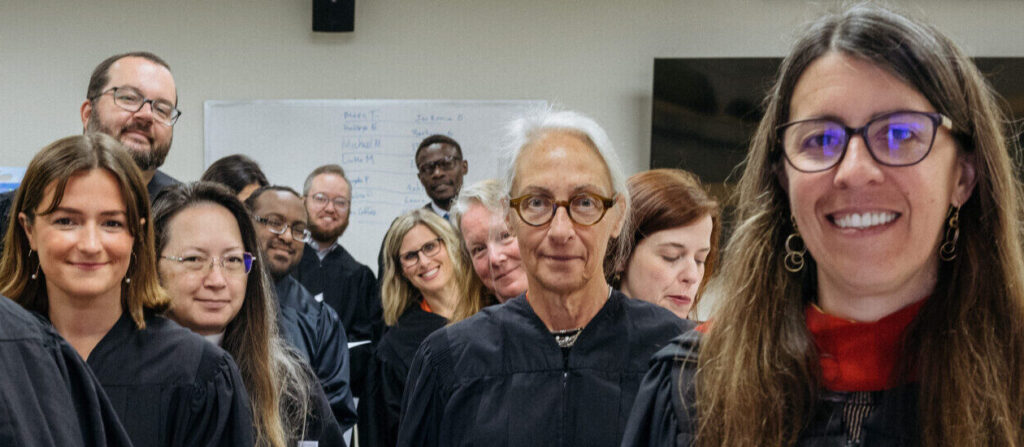Scholarships & Support

What does it cost to attend CDSP?
We know that the cost of seminary education has a direct effect on the vocational options and quality of life of ministry leaders throughout their lives. Our goal is to help students graduate with no additional debt incurred from their CDSP education.
Starting with the 2020-2021 school year, we began awarding the Trinity-CDSP Scholarship for Ordained Leadership to qualifying MDiv students preparing for ordination in the Episcopal Church with the support of a bishop. Most of our students receive this scholarship. It covers
- all tuition costs;
- the cost of housing and most meals at required onsite intensives; and
- subsidized travel to and from required onsite intensives.
Since the Hybrid MDiv was designed to accommodate full-time or nearly full-time employment, we believe the “no additional debt” goal will be achievable for most students in this program.
In addition to the availability of the Trinity-CDSP Scholarship for Ordained Leadership for MDiv students, all students regardless of program are eligible to apply for other CDSP scholarships, external scholarships, and federal financial aid.
What support is available after graduation?
CDSP is thrilled to announce the launch of our unique curacy program.
Part of what differentiates our Hybrid MDiv program from other seminary options is our investment in graduates and the local church after seminary.
When leaders from CDSP and Trinity met with bishops and grassroots leaders during listening sessions in 2019 and 2020, a significant source of frustration with the outlook for ordination-track seminary graduates was the loss of so-called curacies.
For decades, most seminarians could expect to return to their dioceses after graduation and serve in a financially healthy congregation under an experienced mentor. Today, assistant and associate jobs of any kind are increasingly rare.
Highlights of the new program include include
- a funded two-year ministry position (salary and benefits paid in full) developed collaboratively by the student, their bishop or bishop’s designee, and the Episcopal organization hosting the position;
- the chance to learn from a supportive and experienced mentor; and
- ongoing fellowship and peer support among students’ seminary cohort.

